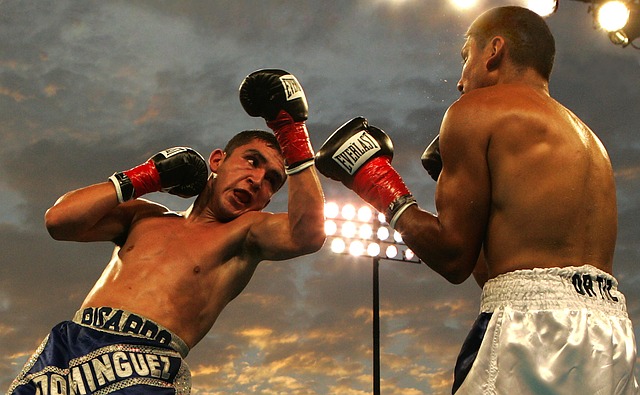In this age of digital world and immediate gratification, how brands should tackle boycott trends/negative word-of-mouth? Or, for that matter whether brands should be concerned about such trends at all? During Holi, HUL experimented with an ad based on religious theme, but with a social message. Somehow, the ad didn’t resonate well with a section of online users. They took it to Twitter to vent their disagreement, and in no time #BoycottHUL and #BoycottSurfExcel started trending. Most recently, Zomato and UberEATS were at the center of online firestorm. So, what brands should do to maintain their online reputation in this boycott (r)age.
First, we must understand what makes content go viral. The chances of user-generated content (UGC) becoming viral are higher if the content is perceived provoking and questions existing social norms or ideologies. Sometimes, the shock or familiarity quotient of content drives its viral diffusion. Rahul Bose, who was charged a hefty bill just for the two pieces of banana at JW Marriott, shared his experience online. The incident evoked sympathy from many users who had similar experiences of exorbitant charges or fee for any kind of purchase. In such cases, a brand must have a social media listening strategy to analyze the ‘viral’ potential of content. It is impossible to analyze each post, but an excellent preventive strategy is to check the profiles of users posting the content. If any influencer (someone having many followers or fans) is involved, brands must start monitoring the situation on a real-time basis.
Second, prevention is always better, so stay away from controversy. In case of Zomato, user vented his opinion (as some of us do in case of bad quality of food or a delayed delivery) and asked for refund. Zomato could have settled the issue there itself, but its CEO (a huge influencer) tweeted about the issue which gave enough fuel to make it viral. Interestingly, Uber Eats, a competitor brand, tried to act smart and jumped in to support Zomato. Now, both the brands are trending with #Boycott and #Uninstall tags. So, important learning is to stay away and do not jump-in other’s fight. Zomato may reap the benefits for standing for something, but Uber eats?
Third, mostly the online trend dies as fast as it rises. You can check trends on Twitter which keep changing like channels on a TV. Let your fans and other users fight it online for you. In HUL case, when a segment of users supported boycott and took online oaths not to ever buy any HUL product, the other supporting segment counter-attacked with the promise of doubling their purchases. Users also mentioned quality and brand reputation of HUL to strengthen their arguments. However, if the situation reaches a fable tipping point, brand must intervene, and kick start their online reputation management mechanism to contain the damage.
Fourth, social media communications are mostly about fun, humor, entertainment, and creative ways to engage with consumers. Brands can consider these just as fads, and there is no need to take it very seriously. Social platforms must be used to have a positive and pleasant engagement with consumers. For JWM-banana case, netizens had great fun in posting their own #RahulBoseMoment and showed excellent creativity in whacky one-liners and memes. Moreover, few other brands like Taj, OYO, Nature Basket, and Pizza Hut joined the online conversation with their humorous content. The lessons are simple but crucial – use online platform to engage with and not enrage your consumers.
Finally, the psychology of users in an online environment is unique. Online users lose interest very fast, have a short attention span, and keep looking for something new to get gratifications. So, patience is the key for brands. If the tide is not in your favour, wait for the clear seas. The #goingbananas was replaced by #BoycottZomato, which would be replaced by something else sooner than you can blink. Therefore, social media is not the ideal place to preach or dive into conflicting topics. If a brand really wants to support something, they should learn from Nike’s support to Colin Kaepernick which saw people burning NIKE shoes, stock price tumbling, Trump ranting and finally celebrities like Oprah Winfrey supporting NIKE. NIKE took a considerable risk and ‘Just Did It’ successfully with a beautiful campaign which won the prestigious Cannes Grand Prix. Sometimes, “any publicity is a good publicity” thinking can kill the brand or provide that small window of opportunity to your competition. Therefore, brand should use social media carefully in the same way as their users are using it – to have fun and feel positive! Let’s boycott the boycott trend!
If you are interested in how digital technologies are influencing human behavior and how to manage digital products effectively, you may check this wonderful book –
Hooked: How To Build Habit-Forming Products, by Nir Eyal and Ryan Hoover
